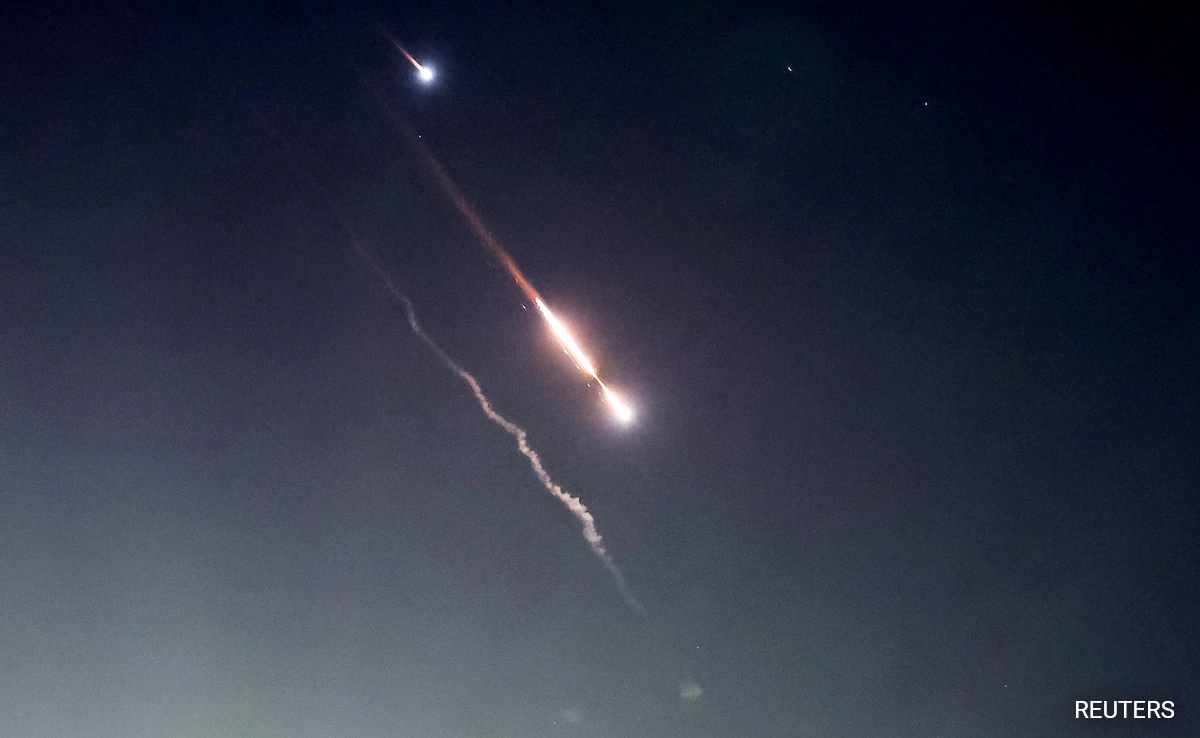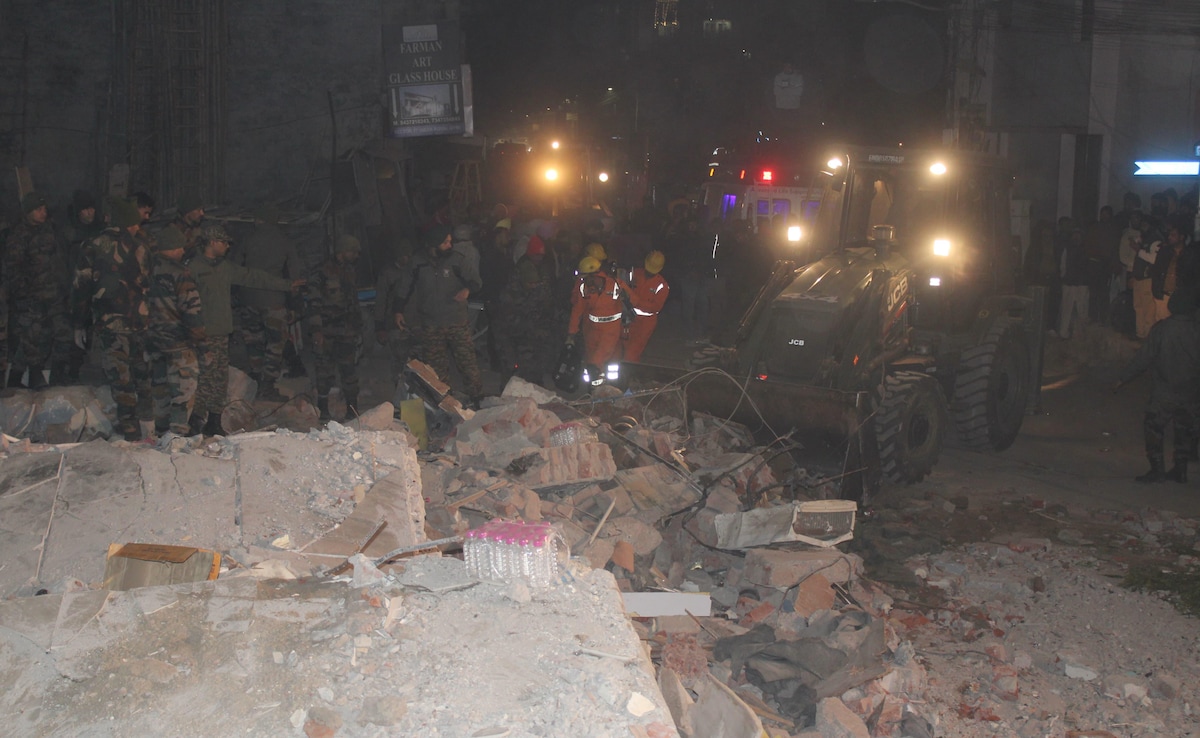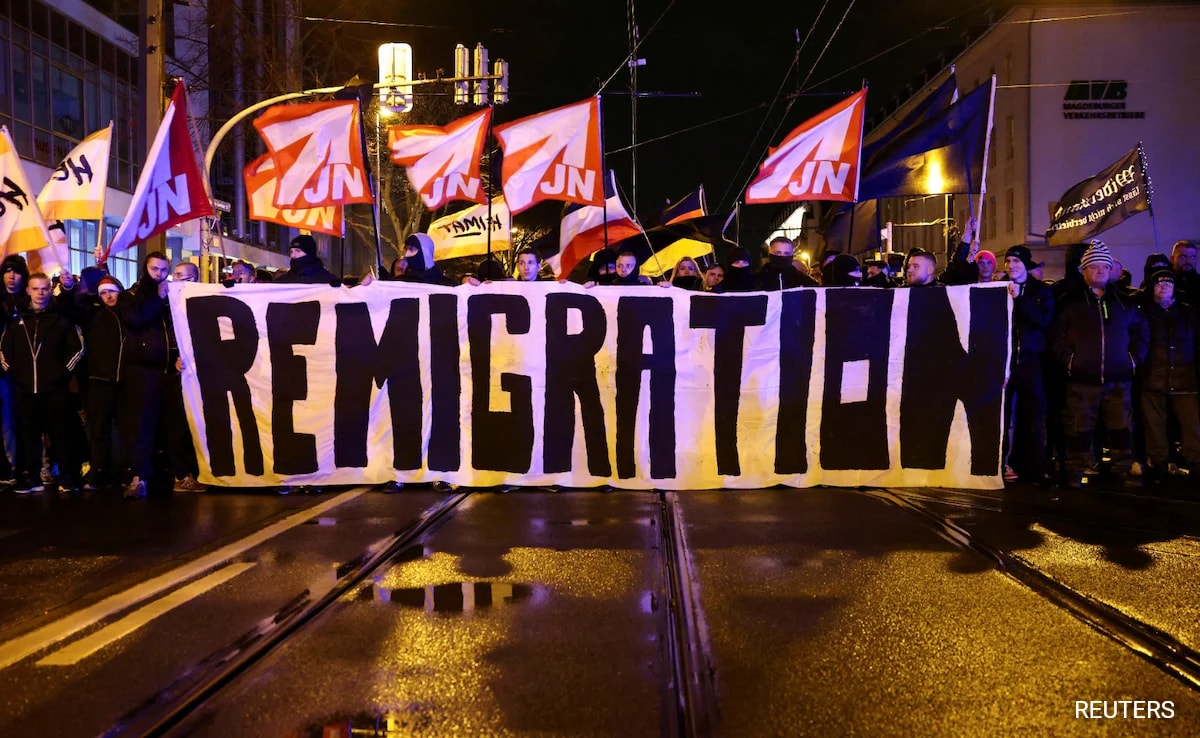After pledging to respond to an attack on its consulate building in Syria, Iran launched a drone and missile attack on Israel on Saturday. This is Iran’s first-ever direct attack on the Jewish state in retaliation for the April 1 attack on an Iranian diplomatic building in the Syrian capital of Damascus.
Here is a brief timeline of the conflict:
April 1 attack
Nearly six months after the war in Gaza began, Israel extended its attack to Iran. On April 1, an Israeli airstrike demolished Iran’s consulate in Syria. Israel’s attack claimed the lives of eight additional officers and a senior member of Iran’s Islamic Revolutionary Guards. The strike appeared to signify an escalation of Israel’s targeting of military officials from Iran, which supports militant groups fighting Israel in Gaza, and along its border with Lebanon. While Iran squarely placed the blame on Israel, the Jewish state neither confirmed nor denied responsibility for the consulate attack.
Since the war in Gaza began nearly six months ago, clashes have increased between Israel and Iran-backed Hezbollah militants based in Lebanon.
Tensions further rise – Ship seized
Following the consulate attack, the world waited for Iran’s response. US intelligence suggested that “Iran or its proxies were preparing for strikes on Israel,” The Guardian reported.
Soon enough, Tehran announced that it was closing the Strait of Hormuz, considered the world’s most important oil shipping route. On Saturday, Iran’s Revolutionary Guards seized a container ship off the UAE coast, with 25 crew members aboard. Of them 17 are Indian, sources have said.
Israel, accusing Iran of “piracy”, said that the country would “bear consequences” if it decided to further escalate the situation.
Iran, meanwhile, stated that the vessel is “related to the Zionist regime (Israel) in the Gulf”.
April 13 attack
While tension has existed between Iran and Israel since the 1979 Islamic Revolution, the attack on Saturday is the first time Iran had launched a military assault on Israel.
As part of “Operation True Promise,” Iran’s Islamic Revolutionary Guard Corps, has claimed to have fired ballistic missiles at “specific targets” in Israel.
Around two in the morning, the first wave of missiles arrived in Israel, causing sirens to ring throughout the nation and explosions to erupt in the sky at multiple locations. The disputed city of Jerusalem, the commercial hub of Tel Aviv, and the Israeli nuclear reactor located in the desert city of Dimona were the places that seemed to have been targeted.
After reporting “heavy blows” to the site from its missiles, Iran’s state media claimed that Iranian strikes had inflicted “minor damage” to an Israeli base. Army spokesperson Daniel Hagari made this announcement on Sunday.
According to IDF spokesman Avichay Adraee, the majority of Iran’s missiles were intercepted far from Israel’s borders, although a small number landed within the territory. He added that approximately 200 aerial units had been launched from Iran, and there had been claims of one child being hurt.
What Iran and Israel have to say
Israeli Prime Minister Benjamin Netanyahu said: “In recent years, and especially in recent weeks, Israel has been preparing for a direct attack by Iran. Our defensive systems are deployed; we are ready for any scenario, both defensively and offensively. The State of Israel is strong. The IDF is strong. The public is strong. We appreciate the U.S. standing alongside Israel, as well as the support of Britain, France and many other countries. We have determined a clear principle: Whoever harms us, we will harm them. We will defend ourselves against any threat and will do so level-headedly and with determination.”
Addressing the United Nations, Iran said: “Iran’s military action was in response to the Zionist regime’s aggression against our diplomatic premises in Damascus. The matter can be deemed concluded…However, should the Israeli regime make another mistake, Iran’s response will be considerably more severe. It is a conflict between Iran and the rogue Israeli regime, from which the U.S. MUST STAY AWAY!”
How the world reacted
The president of the UN Security Council said in a public statement that the council will convene an emergency meeting on April 14 at the request of Israel’s ambassador to the UN. Global leaders have denounced Iran’s violence, while regional heavyweights like Saudi Arabia and Egypt have advocated for moderation. Read the complete reactions here.
António Guterres, the UN secretary-general stated: “I am deeply alarmed about the very real danger of a devastating region-wide escalation. I urge all parties to exercise maximum restraint to avoid any action that could lead to major military confrontations on multiple fronts in the Middle East.”
British Prime Minister Rishi Sunak said: “I condemn in the strongest terms the Iranian regime’s reckless attack against Israel. These strikes risk inflaming tensions and destabilising the region. Iran has once again demonstrated that it is intent on sowing chaos in its own backyard…The UK will continue to stand up for Israel’s security and that of all our regional partners, including Jordan and Iraq.”
The UK Ministry of Defence shared that their job was to intercept Iranian drones if they entered the UK’s operational area, in addition to covering US air force sorties against Iran that are typically conducted over Iraq and northeastern Syria.
US National Security spokesperson Adrienne Watson said: “President Biden has been clear: our support for Israel’s security is ironclad. The United States will stand with the people of Israel and support their defence against these threats from Iran.”
Canadian Prime Minister Justin Trudeau stated: “Canada unequivocally condemns Iran’s airborne attacks against Israel. We stand with Israel. After supporting Hamas’ brutal Oct. 7 attack, the Iranian regime’s latest actions will further destabilize the region and make lasting peace more difficult…”














